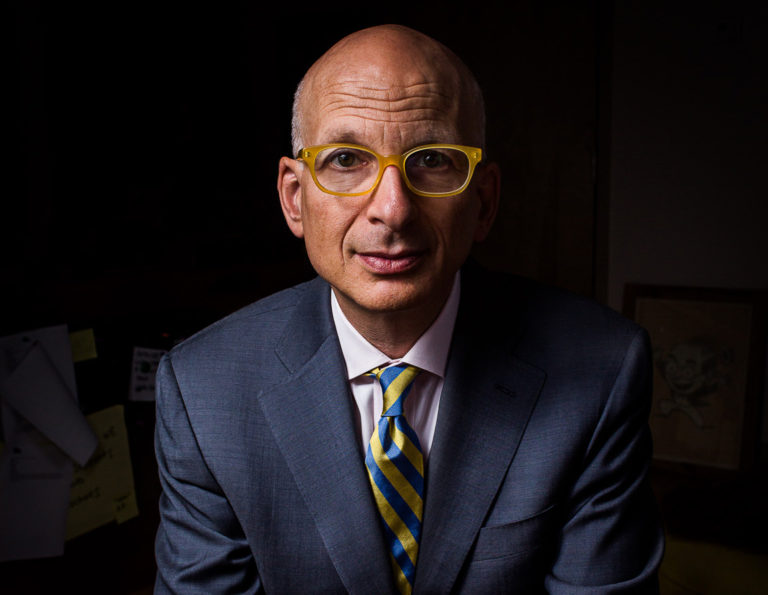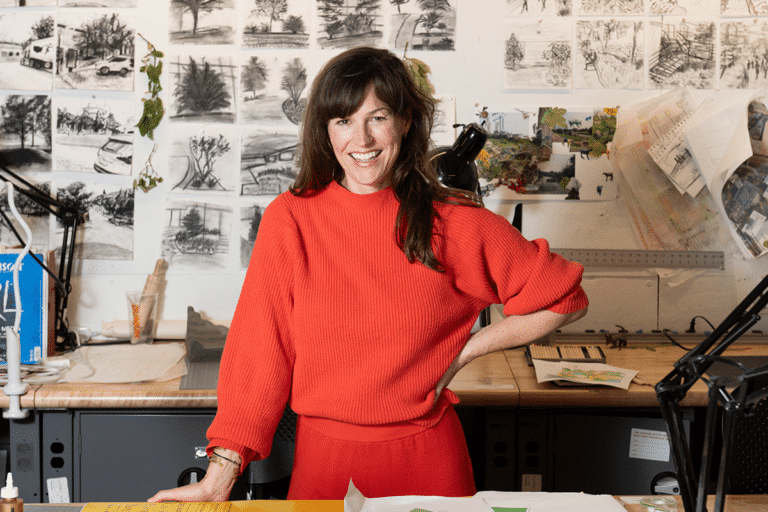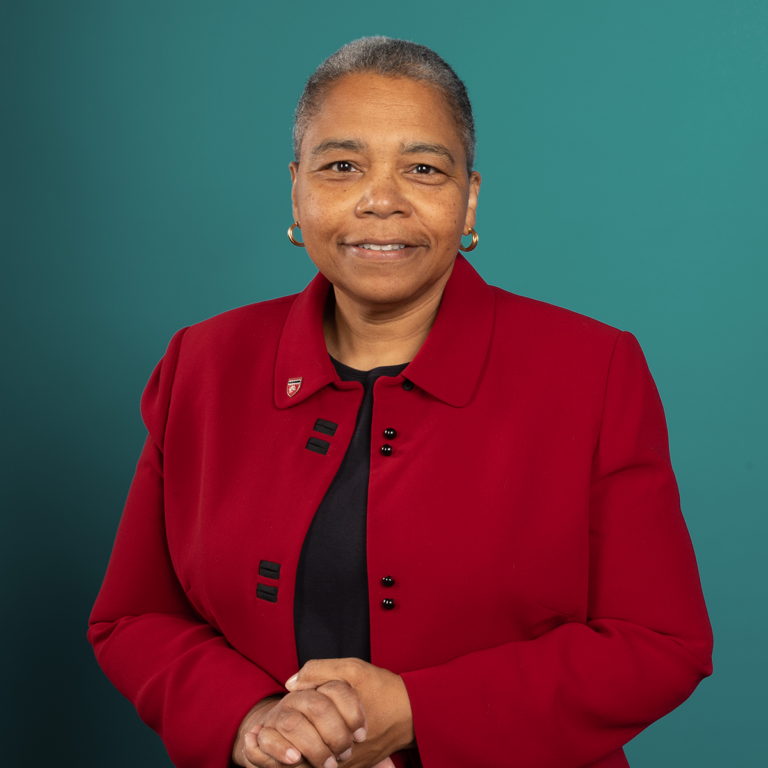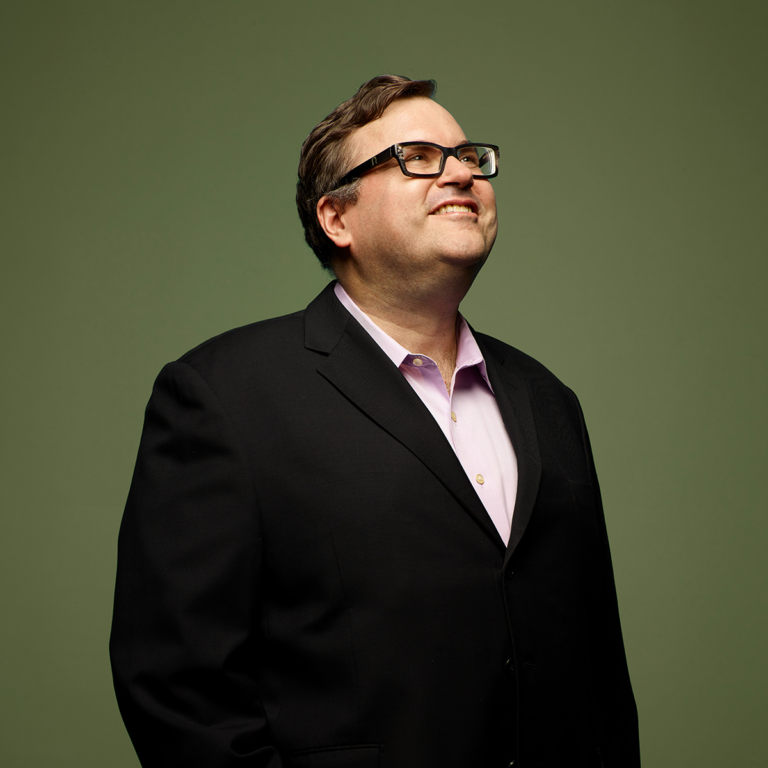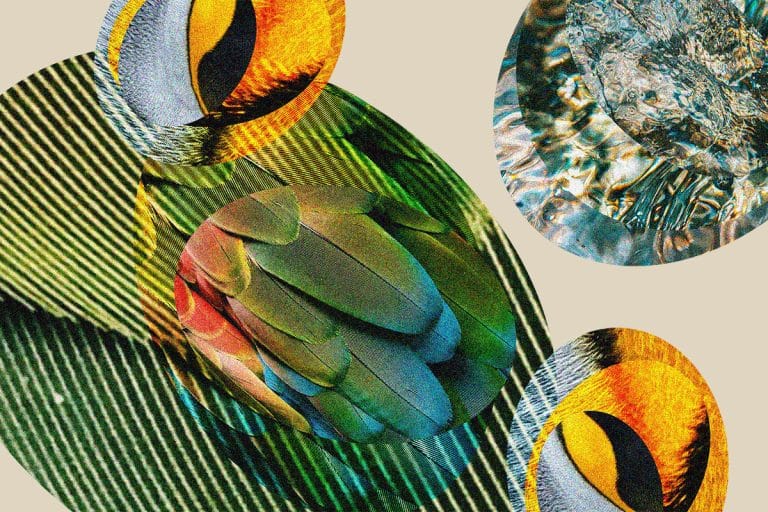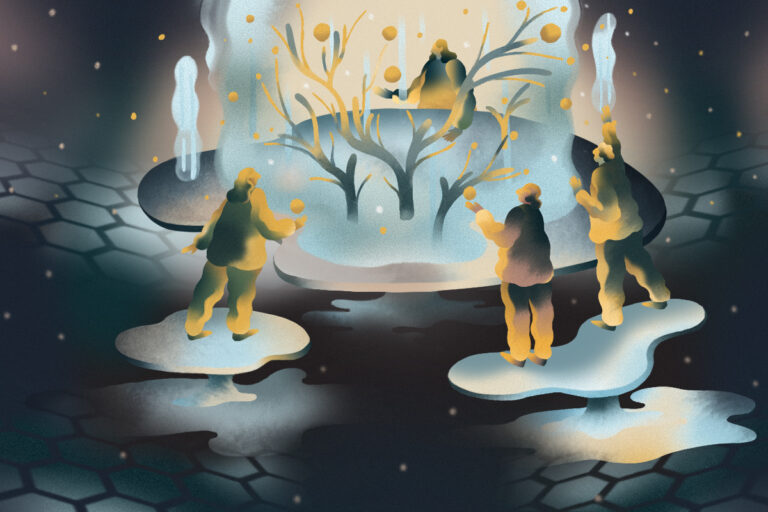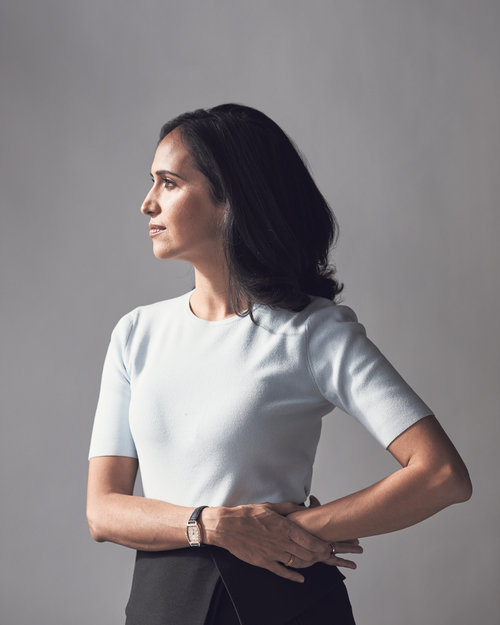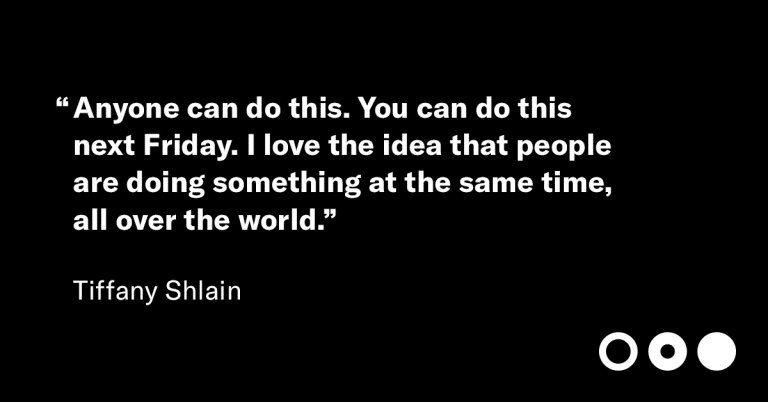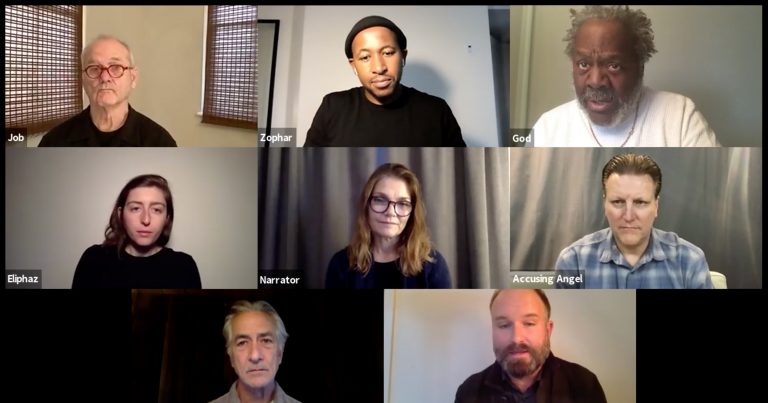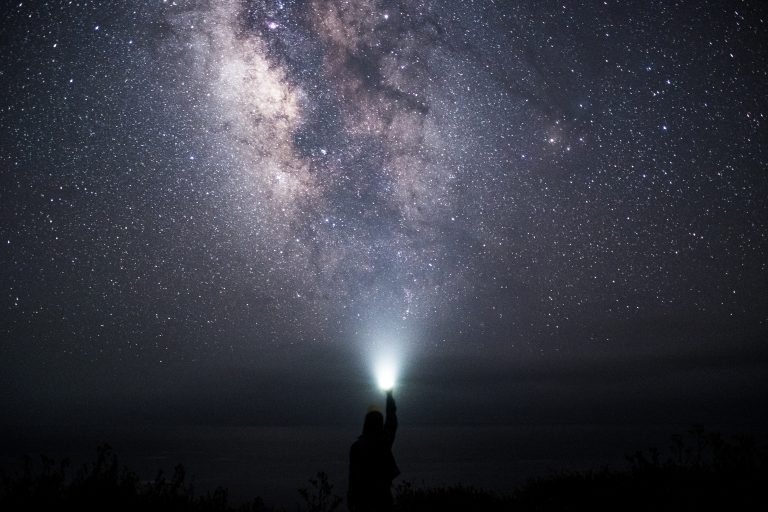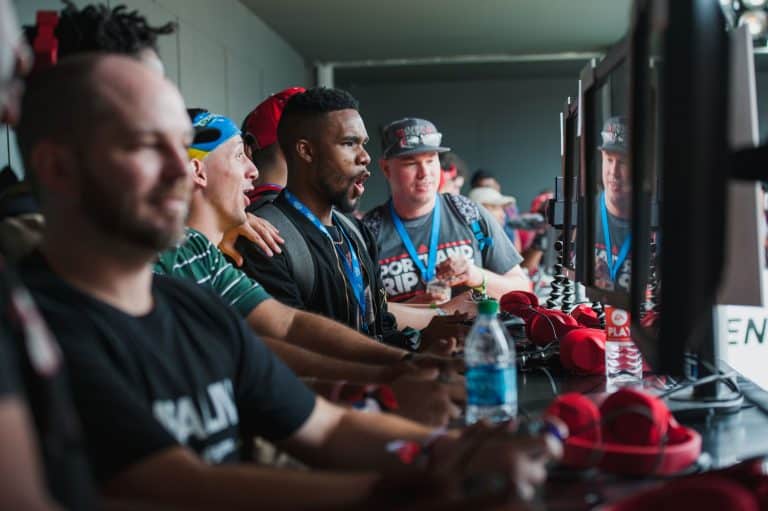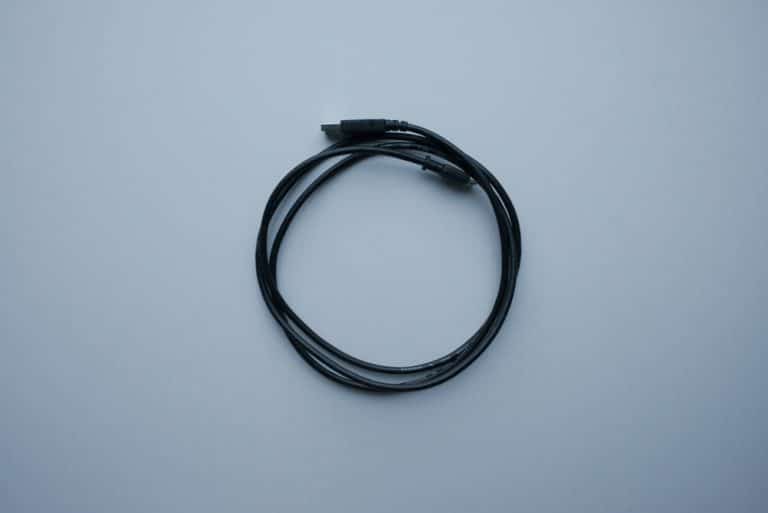“We are flying too low. We built this universe, this technology, these connections, this society, and all we can do with it is make junk? All we can do with it is put on stupid entertainments? I’m not buying it.”
Seth Godin is wise and infectiously curious about life, the internet, and everything. He was one of the first people to name the “connection economy.” And even as we’re seeing its dark side, he helps us hold on to the highest human potential the digital age still calls us to. His daily blog is indispensable reading for many of us. He’s a long-time mentor to Krista. This interview happened in 2012. Seth now has a new podcast, Akimbo, and a new book coming out, This Is Marketing: You Can’t Be Seen Until You Learn to See.
